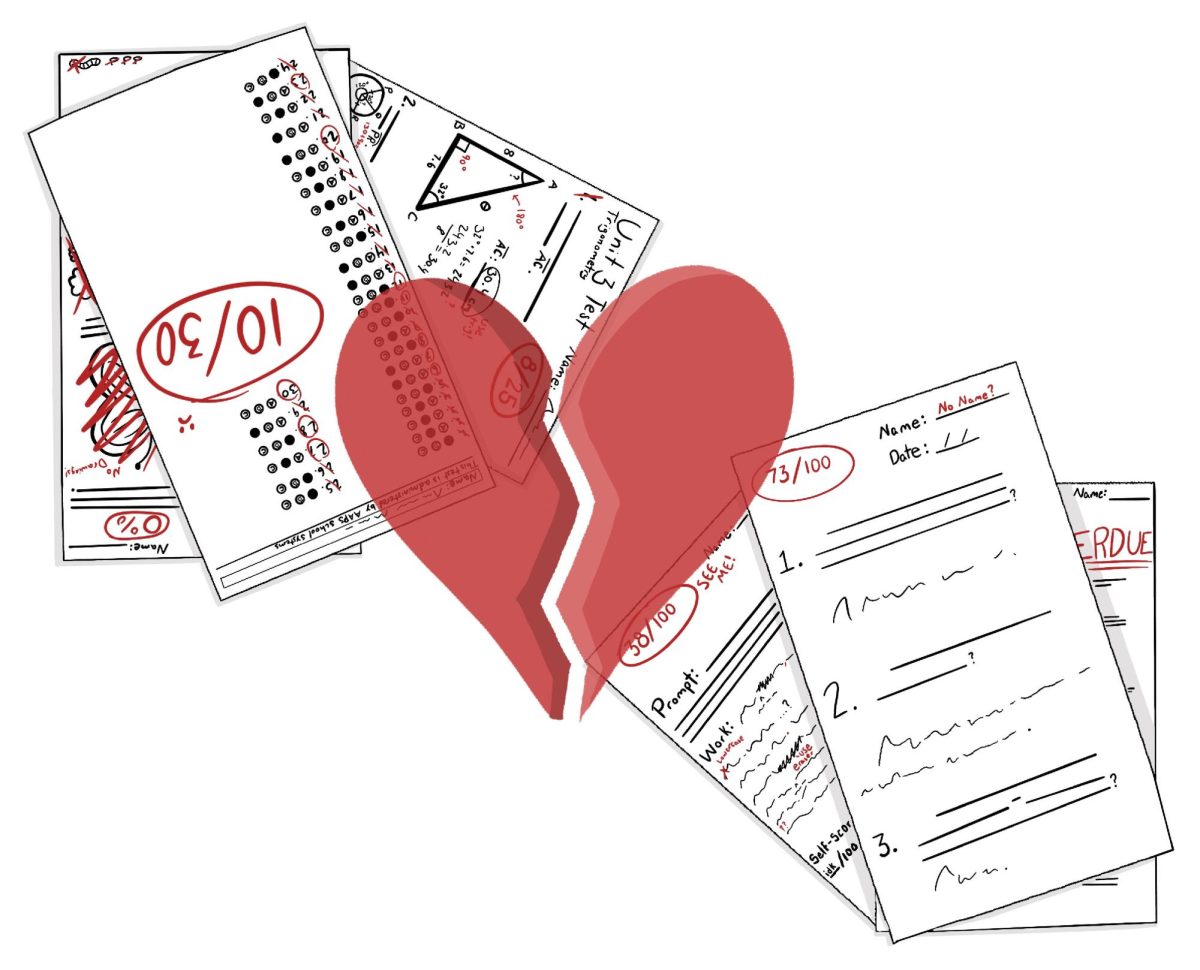The Michigan Legislature approved a bill proposing retirement incentives for public school educators early this morning. The bill must now be approved by Governor Jennifer Granholm. The bill is estimated to save $680 million dollars in the school budget year beginning on October 1, 2010.
The plan increases pensions by a multiplier of 1.6% in an effort to coax educators who are eligible for retirement to retire this summer. Teachers who do not retire by July 1 will be forced to take a 3% pay cut. This 3% pay cut will fund retiree health care. Teachers who take the cut may not be able to receive the benefits themselves. All districts in Michigan, including the Ann Arbor Public Schools District, are expected to save money by giving high-paid teachers motivation to retire. Schools could hire younger, inexperienced and therefore lower-paid teachers to fill the vacated positions.

This bill targets teachers with 30 years of experience in the district who are eligible for retirement. At Community High School, Madeline Huebel-Drake and Marion Evashevski have already announced their plans for retirement. However, some experienced teachers targeted by this bill have no plans to retire. “It’ll be my honor to continue to teach in spite the 3% cut,” said Judith DeWoskin, a teacher at Community for over 30 years. “I have flunked retirement,” she said.
Evashevski, a social studies teacher at Community, is opposed to the bill despite the increase in her pension. “It seems unfair to teachers who are continuing to teach – they have more and more demands placed on them every year with less resources and compensation,” Evashevski said. “I will miss Community and its wonderful staff and students, however, my life has changed this year and I’m now looking forward to the next chapter.”
The state estimates that 28,000 teachers will choose to retire by July 1. Marcia Schaffer, another teacher eligible for retirement, is skeptical of these estimations. “It’s a good deal and if you’re ready to go, it’s great for you. But people who were going to work next year all of a sudden deciding not to…I’m not sure that will happen in the huge numbers they think,” said Schaffer. Schaffer herself is not retiring despite the incentives offered in this bill.

New teachers such as Courtney Kiley and Moe El-Husseiny get the short end of the stick. They are paid the least and will have their salaries reduced the most. They are also least likely to receive the benefits of this plan in the long run. “To be honest, I would probably prefer that it didn’t pass and I would just have to suffer for a year or two…figure out what I want to do with my life,” said El-Husseiny, who believes that this is a short-term solution. “What is actually happening is that the people who are ending up hurting are the people who are providing the service,” he said.
Listen to Judith DeWoskin speak about her plans:
Judith
















